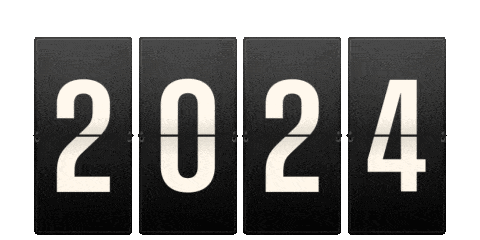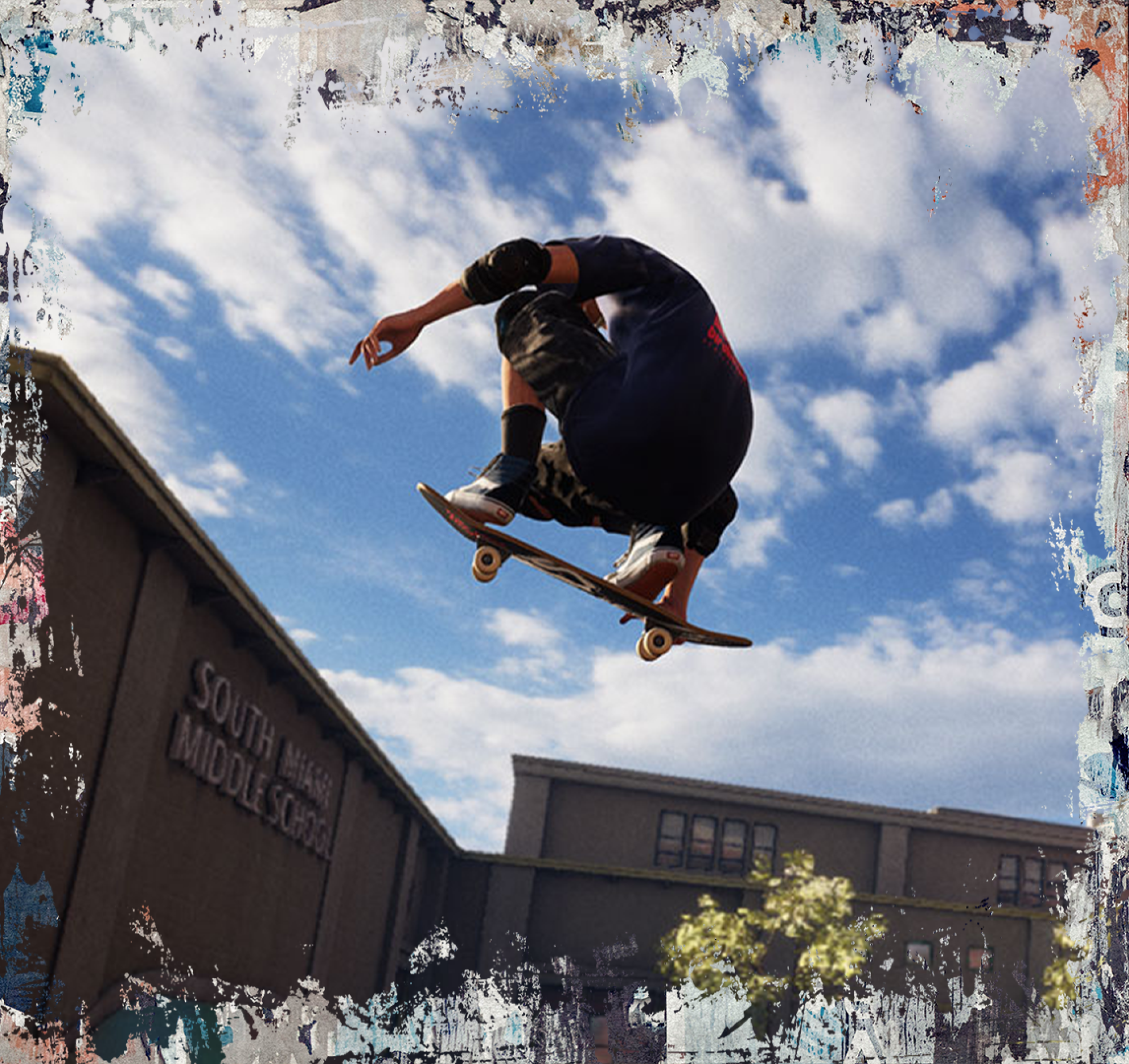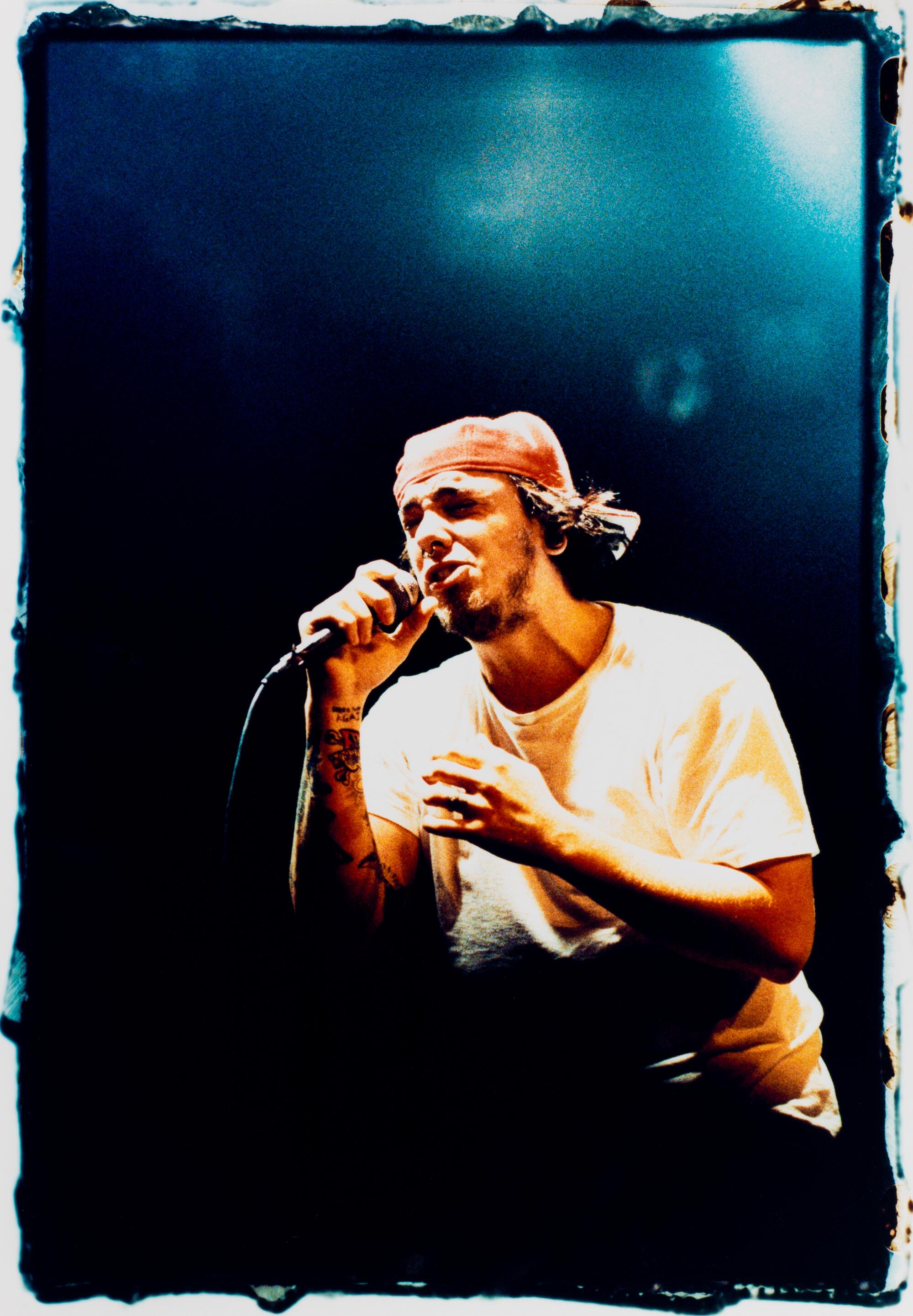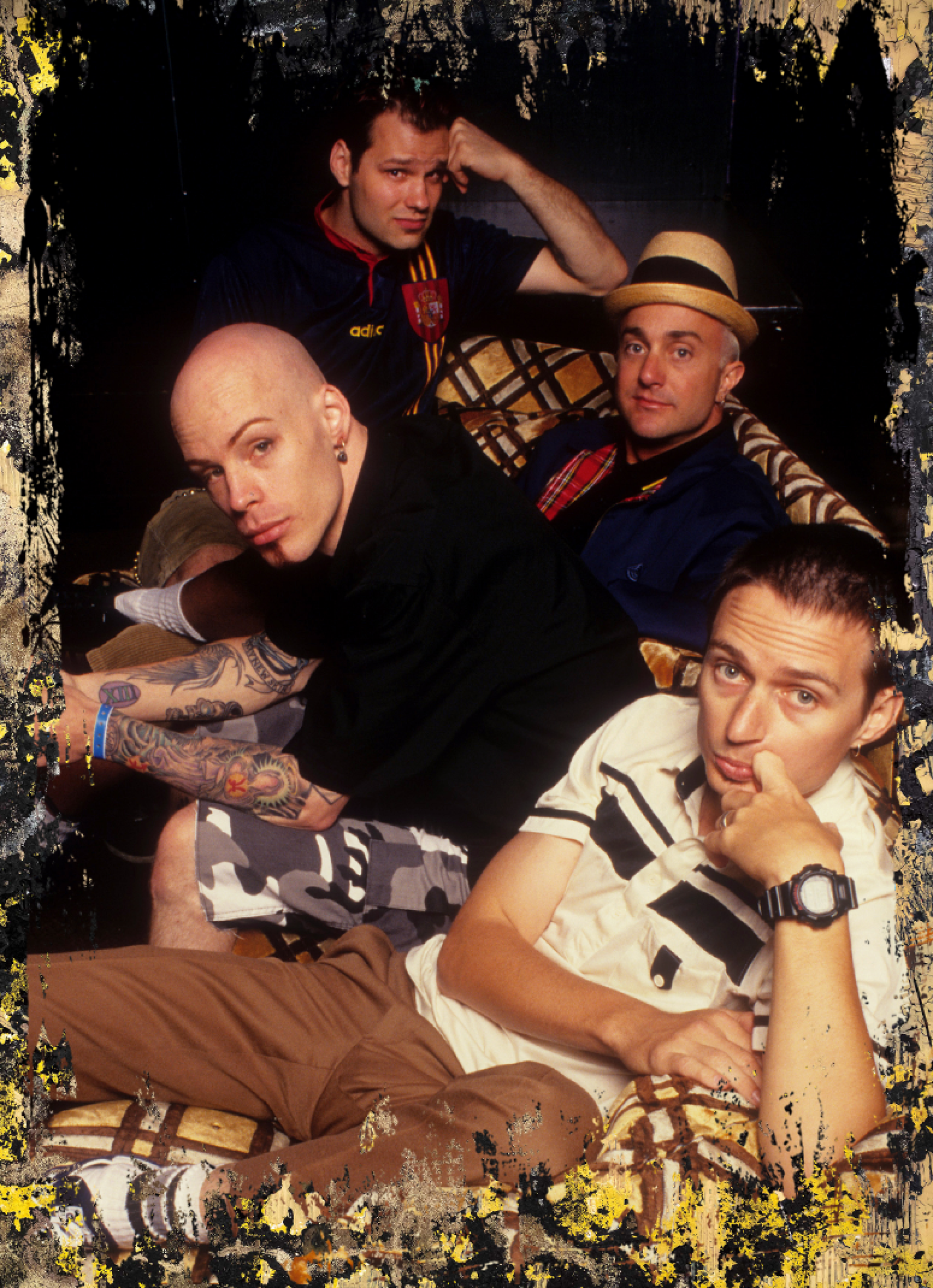Skateboarding made a 180 in the 1990s.
At the beginning of the decade, the sport’s popularity had reached a nadir — particularly vert skating, in which riders performed gravity-defying tricks as they launched off ramps and half-pipes. In less than 10 years, it came back into vogue, being broadcast into homes via the X Games.
Tony Hawk, a San Diego native and one of the sport’s biggest stars, found himself fielding pitches from companies that wanted to use his name and likeness in a video game.
When Hawk ultimately agreed, he had a simple goal: to make a game that would be fun for skaters like himself to play.
“I just didn’t think we were creating a revolution,” Hawk said.
“Tony Hawk’s Pro Skater” dropped on Sept. 29, 1999, becoming an instant hit that not only introduced skateboarding to an audience of millions, but also exposed a new generation to punk music through the game’s now-iconic soundtrack.
“I think it helped to create our sport, skateboarding and action sports, in general, as a genre of games. It definitely got a lot more people interested in skating itself,” Hawk said. “It introduced a whole generation to a genre of music they may have never experienced. And, I mean, it just completely changed my life.”

The 1999 Project
All year we’ll be marking the 25th anniversary of pop culture milestones that remade the world as we knew it then and created the world we live in now. Welcome to The 1999 Project, from the Los Angeles Times.
Unlike many games that came before, “THPS” featured previously released songs from known artists rather than synthesized music composed specifically for the game. Released when controllers were still tethered to consoles, the game consisted of players skating up ramps and grind rails in locations that included a warehouse, a mall and downtown Minneapolis, set to music from bands such as Goldfinger, the Vandals, Dead Kennedys and Suicidal Tendencies.
“That Tony Hawk game I wouldn’t say put us on the map, but almost gave us a second life or a second wave of being noticed by the public,” said J Navarro of the Suicide Machines, whose bouncy, ska-inspired “New Girl” was featured in “THPS.”
Catching air
Skateboarding wasn’t just back in style, it was finally being represented by skaters themselves.
“In the sort of ’95 to ’99 range of years, skating was largely misunderstood and mostly misrepresented in the media,” Hawk said. “It was on the rise, but it was still just like, ‘Who are these kids? They’re wacky. They got crazy names, they got crazy music, they got crazy hairdos.’ And it was like, ‘Why aren’t you looking beyond that?’ And when they would show skating, it was always just like cameras changing angles and getting all crazy.”
When Hawk signed on to work with game publisher Activision and developer Neversoft for “THPS,” he wanted the game to be as authentic as possible. He wore a suit covered in motion capture balls as cameras filmed him on his board doing tricks. Regular updates of the game were delivered to Hawk’s home so he could play and offer developers feedback.

Tony Hawk wanted “Tony Hawk’s Pro Skater” to be an authentic representation of not only the sport but its culture.
(Getty Images)
The game was nearly finished when Hawk famously landed the first 900 (an aerial spin with two-and-a-half rotations) at the 1999 X Games. Developers worked quickly to incorporate the feat into the game on time.
Beyond showing off the most modern tricks, Hawk also wanted the game to accurately represent skating culture.
Part of that was the soundtrack. The Vans Warped Tour, which launched in 1995, was a music festival that featured a backdrop of skaters and BMX riders performing on ramps while punk bands played across multiple stages. Before that, skate and surf videos had a long history of featuring punk songs.
“That was the soundtrack to the skate parks back in the day so I was just trying to bring that along with us,” said Hawk, who personally suggested older punk songs for the game and its sequels.
The game exceeded his expectations and yielded glowing reviews, fast-tracking “Tony Hawk’s Pro Skater 2.” The series now has more than a dozen titles.
USA Today reported in 2008 that the “THPS” series had sold 30 million units in the prior 10 years. In 2020, a remastered combination version of the first two games was released and it sold more than 1 million copies in the first two weeks, according to Activision.
But it wasn’t just the games that attracted new fans.

The Suicide Machines song “New Girl” was featured in “Tony Hawk’s Pro Skater.”
(Niels Van Iperen / Getty Images)
The Suicide Machines went from playing for 200 to 300 concertgoers a night to selling out venues with more than 1,000 seats.
“Our shows almost increased overnight,” Navarro said.
The single “New Girl,” which had been released three years earlier on the band’s 1996 album “Destruction by Definition,” “almost had to become like an encore song because it became such a popular song,” Navarro said.
The members of Orange County-based punk band the Vandals also started noticing different faces in the crowd after their song “Euro-Barge” was featured in “THPS.”
“After it appeared in that game, children started showing up at our shows,” bassist Joe Escalante said.
Vandals drummer Josh Freese hadn’t touched a video game in almost 20 years when he started playing “THPS” to beat boredom on the tour bus when the band was performing in Europe.
“I’m playing it and I go, ‘Oh, the Vandals, we’ve got a song on this thing, ‘Euro-Barge.’ ”
He played for three hours, hearing music from Suicidal Tendencies, Primus and others, but not his own — “Euro-Barge” was not included on the European release of the game.
The European exclusion hasn’t hindered the song’s reach.
“If you go on Spotify and stuff like that, it’s usually in like the top three songs of ours in popularity — even if we haven’t played it in 10 years — because of the video game,” Escalante said.
But the song that has become most affiliated with the game, Goldfinger’s “Superman,” was included in copies around the world.
“That song has followed me through my life for the last 25 years,” Hawk said.

“Tony Hawk’s Pro Skater” featured a number of songs on its soundtrack, but Goldfinger’s “Superman” is the one most associated with the game.
(Jim Steinfeldt / Getty Images)
In “Pretending I’m a Superman,” a documentary about “THPS” that takes its name from the song’s lyrics, Goldfinger singer John Feldmann recalled that concertgoers were indifferent during the band’s first big European tour until they played “Superman.” Then the crowd went crazy.
“It’s something about that ska beat and the drums coming in and that’s the song that the fans associate with the game,” Hawk said.
Undeniable nostalgia
Scroll TikTok and Instagram and you’ll come across “Superman” in videos of everything from skate park tricks to a semi-truck grinding a rail to a recent computer-generated clip of elderly people doing tricks on motorized scooters in empty pools.
You’ll also find footage of Hawk performing the song live with Goldfinger or a with a “Tony Hawk‘s Pro Skater” tribute band.
“I just embraced it and I’m proud of it. It’s fun. It’s not the easiest song to sing, but I have fun doing it,” he said.
Yes, there are bands that play the music of the game series worldwide — Hawk first learned to sing the song to join a tribute band on stage in Australia. In addition to featuring every punk subgenre, “THPS” also incorporates groups such as Rage Against the Machine and Motörhead and rappers including Del the Funky Homosapien and Xzibit.
While the game changed the sport itself — skaters have mastered combinations of tricks once only possible in the game — part of the legacy of “THPS” is introducing music, punk and otherwise, to many young kids, Hawk said.
“The music was good, but also they’re playing something they’re enjoying, like these moments in time, they’re really having fun with it,” Hawk said. “And then that became the soundtrack to this enjoyment. I feel like there is this nostalgia that goes with that that is undeniable.”


